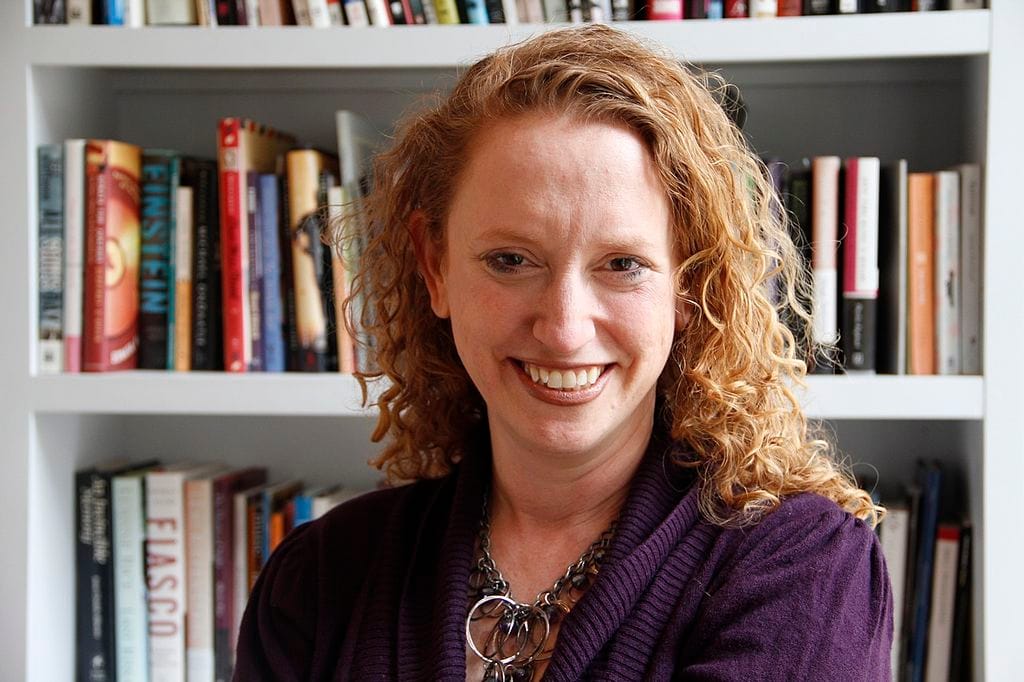At Event on Redefining Free Speech, Panelists Tiptoe Around Whether that Means Regulating Free Speech
WASHINGTON, February 25, 2020 – There were at least some panelists speaking at an event on “Redefining Free Speech for the Digital Age” who offered a defense of free speech. Speaking at the New America event in association with the Tech, Law & Security Program at American University’s Washington Col

WASHINGTON, February 25, 2020 – There were at least some panelists speaking at an event on “Redefining Free Speech for the Digital Age” who offered a defense of free speech.
Speaking at the New America event in association with the Tech, Law & Security Program at American University’s Washington College of Law, other panelists were quick to blame free speech and tech platforms for their perceived flaws. These issues included bias in algorithms to overt racism on television.
For Broadband Breakfast’s article about an earlier panel session, see “American University President and New America CEO Seek to Clip Edges of America’s Free Speech ‘Absolutism’.”
At least these panelists agreed that the government should not further regulate free speech.
The solution is less about new laws than about using the laws that exist already, said Suzanne Nossel, CEO of PEN America.
For example, Belgium has passed some of the world’s strictest regulations on free speech, but that hasn’t stopped Belgium’s citizens from throwing the country’s annual Carnival Parade in Aalst with stereotypical depictions of Jews and generally being a receptacle for anti-Semitism, Nossel said.
Cecilia Muñoz, vice president at New America, called technology a “double-edged sword.”
Muñoz highlighted the example of discriminatory algorithms. The engineers who design these algorithms “don’t know what they don’t know,” and that means that discrimination seeps its way into the code.
Muñoz suggested that more women and people of color should design these technologies in order to counteract bias.
Muñoz agreed that the issue of free speech is too great, and probably too global, to be regulated by the government. She advocated a system of assigning social costs to people who offend others with hateful speech.
For example, while she wouldn’t want a law requiring the removal of Roseanne Barr for racist comments, “the next thing” she would do is “call your network” to get you fired.
In regards to improving the quality of communication in the U.S., Nossel said that listeners should always “take into account intent and context,” but speakers should also “be conscientious of their language.”
In an age of Chinese expansion and censorship, there is a “pivotal role” for the U.S. to be the “standard bearer of free speech,” concluded Nossel.










